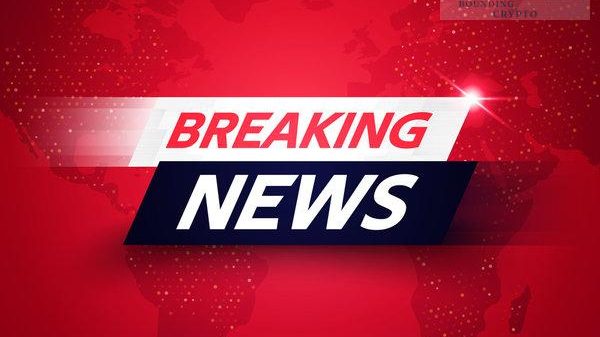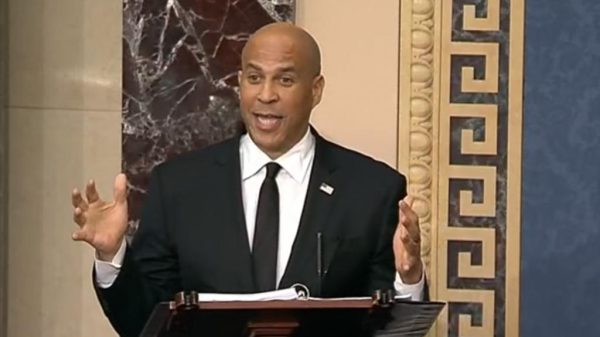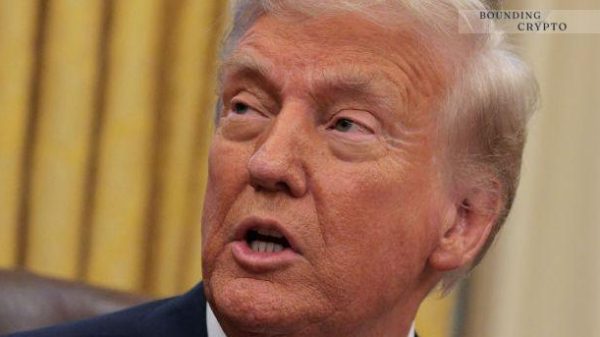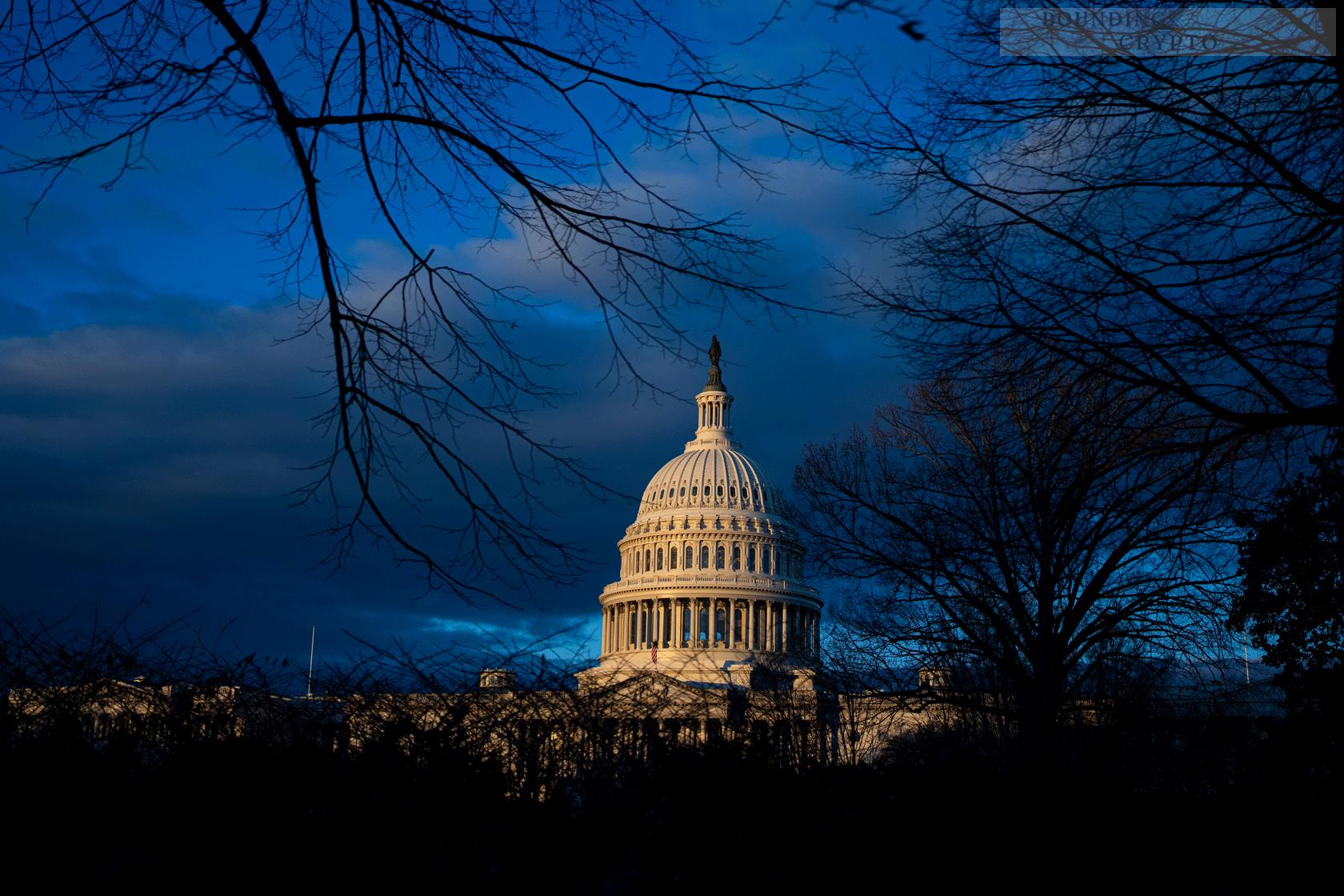In a decision causing waves in the political landscape, the U.S. House of Representatives has reintroduced the Safeguard American Voter Eligibility (SAVE) Act. This proposed legislation seeks to require in-person proof of citizenship for voter registration, which many observers warn could create significant obstacles for many Americans hoping to exercise their right to vote.
What the SAVE Act Entails
The SAVE Act would primarily require citizens to present specific documents—like passports or birth certificates—when registering to vote. As it stands, many Americans do not have these documents readily available. Data suggests that more than 140 million people lack passports, while 69 million women possess birth certificates under their maiden names due to marriage. The potential loss of voting rights for so many raises alarms among lawmakers, civil rights advocates, and everyday citizens alike.
Voter Registration Changes
Not only does the SAVE Act pivot on needing documentation for initial voter registration, but it would also eliminate convenient registration methods that many have come to rely on. For instance, mail-in registration, nationwide voter registration drives, and online registration would all be significantly impacted. Currently, 42 states allow online voter registration, making it easier for individuals to ensure their voting credentials are current and valid without incurring heavy costs.
Disproportionate Impact on Rural Areas
Residents of rural areas especially stand to be affected. With over 60 million people living outside urban centers, the requirement for in-person registration could hinder their access to voting altogether. Moreover, driver’s licenses, REAL IDs, military IDs, and tribal IDs would be inadequate for proving citizenship under the SAVE Act, further complicating matters for millions of Americans.
Shifting Responsibilities
The legislation also shifts the responsibility of verifying voter eligibility from election officials to individual citizens. Critics argue that this responsibility inversion creates unnecessary hurdles and risks for many Americans who may not have the means or capability to gather the required documents, effectively disenfranchising those who need assistance the most.
Current Verification Systems
It’s important to note that federal law already prohibits non-citizen voting, which can result in significant legal repercussions. The current systems for checking voter eligibility draw from verified data provided by the Department of Homeland Security (DHS) and the Social Security Administration (SSA). Thus, many advocates question the necessity of the SAVE Act when existing frameworks are already in place to deter illegal voting.
Who Could Be Affected?
The SAVE Act threatens to disenfranchise millions of Americans across all political affiliations. Critics assert that the provisions in this legislation may affect not only women and rural residents but could also target younger voters and communities of color who face unique challenges in acquiring the necessary documentation.
A Call to Action for Citizens
This proposed law has ignited a rallying cry among citizens motivated to protect their voting rights. While many support the idea of preventing fraud and ensuring fair elections, the SAVE Act has many standing by with concerns about accessibility. Depending on how the bill progresses, advocates urge citizens to get involved by writing to their representatives, attending town hall meetings, and engaging in discussions surrounding voting rights.
What Happens Next?
With the House leadership prioritizing the passage of the SAVE Act, the coming weeks will be crucial in determining its fate. Public opinion will play a significant role; as voters voice their concerns, they may shape the direction of this important legislation. For now, vigilance from citizens and advocacy groups remains high as the implications of the SAVE Act unfold.








































